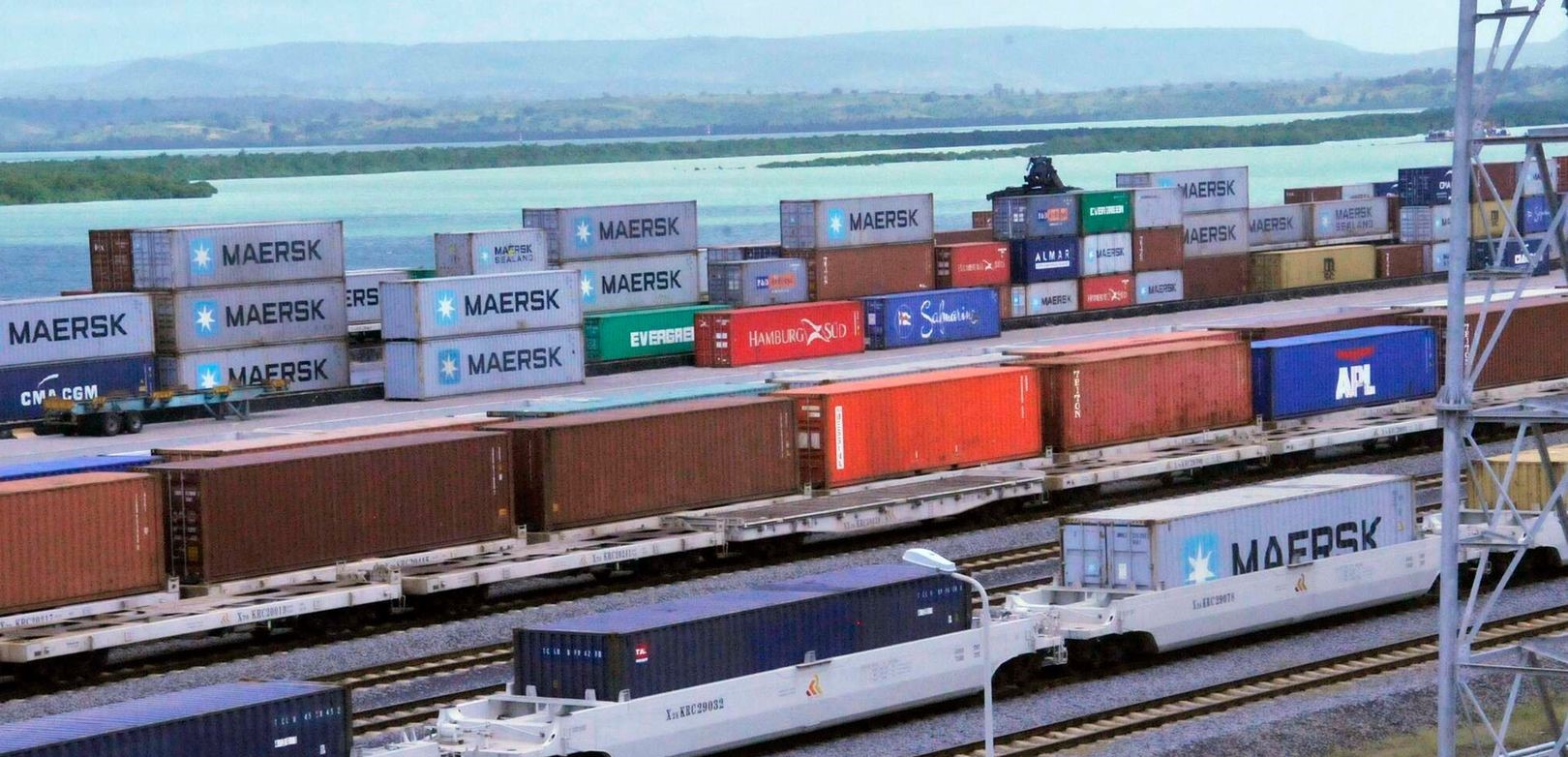(3 Minutes Read)
Transporters and shippers have attributed recent road blockages and protests along the key Mombasa-Malaba road to delays and losses they are incurring despite not being targeted by youth protests.
The weekly protests have affected the seamless flow of cargo to and from the Mombasa port, with cargo handlers complaining over delays in delivering goods to clients.
Transporters and shippers have attributed recent road blockages and protests along the key Mombasa-Malaba road to delays and losses they are incurring despite not being targeted by youth protests. More than 3,000 containers from the port of Mombasa are transported by road daily, with about 1500 being ferried using the Standard Gauge Railway (SGR) either to Nairobi County or Naivasha, Nakuru County.
Kenya Transporters Association chairman Newton Wang’oo said the turnaround time for trucks ferrying goods from and to Mombasa port has been affected by the protests. He added that even though transporters are not targeted, they are bearing the brunt of the protests, causing losses and delays in delivering goods to clients. Ogambi said there was heightened monitoring of the situation and several stops among the transporters who would not like to risk the trucks and goods.
Read Also:
The Northern Corridor road network covers 12,707 kilometres from Mombasa and serves Uganda, Rwanda, Burundi, the Democratic Republic of the Congo, and South Sudan. Increasing delays have made the corridor more expensive, with the latest survey by SCEA last year indicating transporters using the Northern Corridor have been bearing some of the highest costs in the world.
According to the SCEA survey, transport costs in the region are estimated at USD 1.8 per km per container, against international best practices of USD 1 per km per container.





